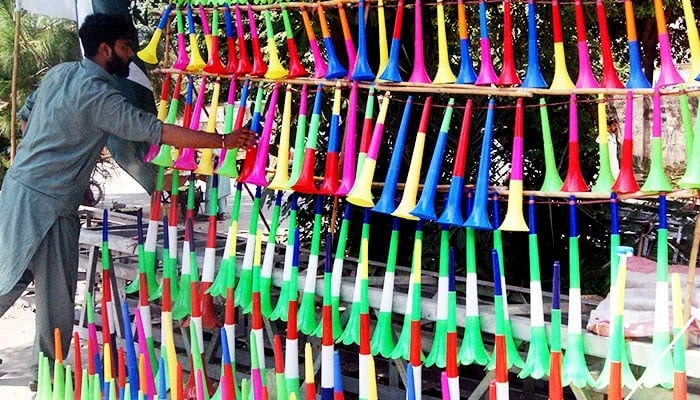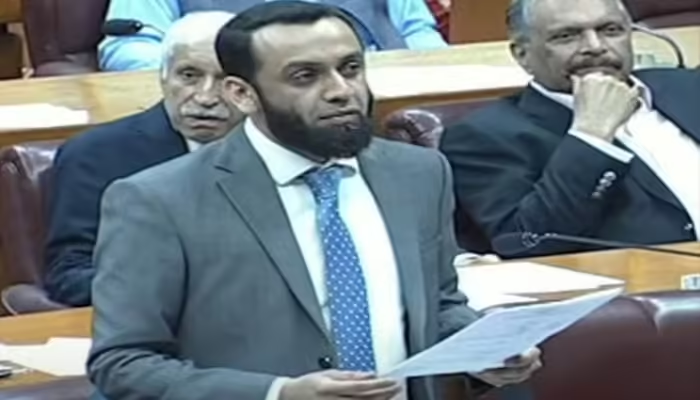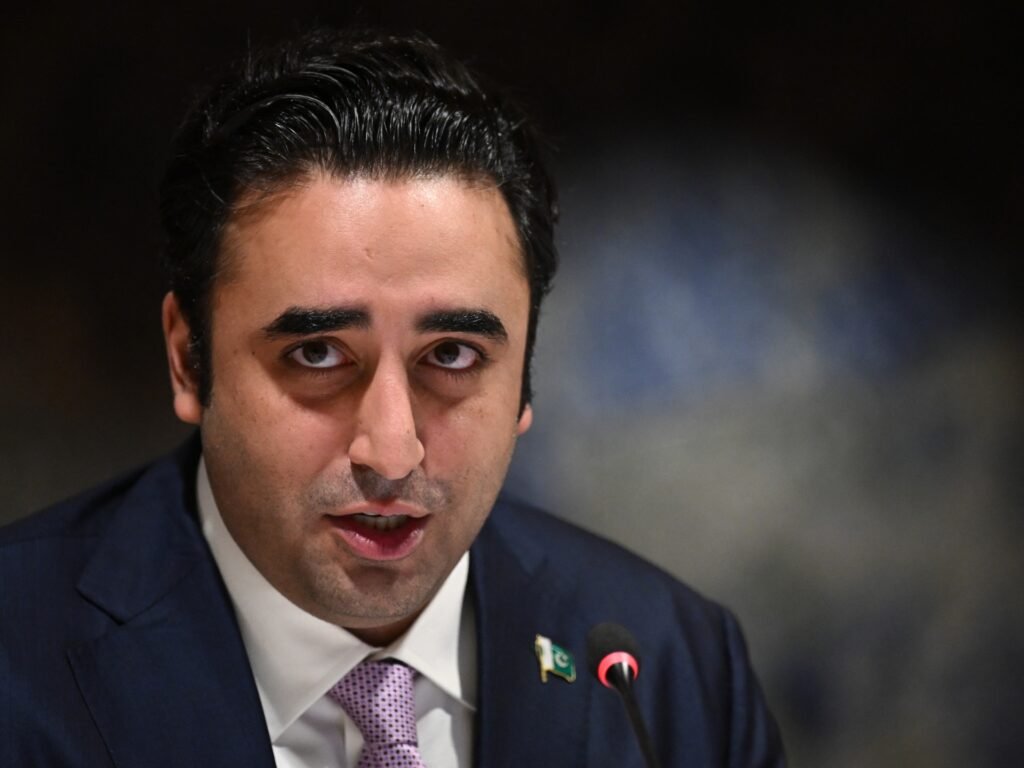As the nation gears up for the 14th of August, the traditional buzz and excitement in the air are unmistakable. However, this year, residents of the federal capital will witness a quieter celebration. The ban on plastic horns in Islamabad has been officially enforced by the district administration to curb noise pollution and maintain public order during Independence Day festivities.
Why the Ban Was Imposed
In a recent statement shared on X (formerly Twitter), Deputy Commissioner Islamabad, Irfan Nawaz Memon, announced the ban on the sale and use of plastic horns (commonly called “bajay”) across the city. The directive came in response to growing concerns over the nuisance and disruption caused by these items during national celebrations.
The DC has instructed all assistant commissioners and magistrates to begin immediate field operations to confiscate plastic horns from stalls, shops, and street vendors. Moreover, strict warnings have been issued to officers regarding negligence in enforcement — any official found allowing the sale of banned items in their jurisdiction will be held accountable.
Focus on Public Health and Safety
Plastic horns, particularly vuvuzelas, are known for emitting loud, high-pitched sounds that can easily surpass safe noise levels. While they have become a staple among children and teenagers during August 14 festivities, they’ve also been a growing cause for complaints due to the disturbance they create in residential areas, hospitals, and public spaces.
According to the World Health Organization (WHO), exposure to noise above 85 decibels for extended periods can lead to hearing damage. Vuvuzelas, on average, produce noise levels exceeding 110 decibels. With the ban on plastic horns in Islamabad, authorities are aiming to minimize these health risks, especially for vulnerable groups such as infants and the elderly.
Daily Operations Until August 14
To ensure thorough enforcement, DC Irfan Nawaz Memon has ordered daily operations to be carried out until Independence Day. Assistant commissioners and law enforcement personnel are expected to patrol busy markets, roadside stalls, and shopping areas known for selling celebration items.
This proactive move aims to ensure peaceful, family-friendly celebrations that don’t compromise the well-being of the community. Residents are encouraged to report any violations, and stall owners have been advised to refrain from stocking the banned products.
Cultural Significance vs Public Responsibility
For years, Independence Day celebrations in Pakistan have included the use of plastic horns, flags, face paints, and other patriotic merchandise. While these traditions foster national pride, the excessive use of loud plastic horns has raised serious concerns about noise pollution and crowd control.
The ban on plastic horns in Islamabad is not intended to dampen the celebratory spirit, but rather to ensure that festivities remain respectful of others’ peace and comfort. In cities like Lahore and Karachi, similar discussions about restricting noise-emitting items have been ongoing, signaling a broader movement towards responsible celebrations.
Environmental Impact of Plastic Horns
Another critical reason behind the ban is environmental. Plastic horns are typically made from non-biodegradable materials, contributing to increased plastic waste during national events. According to a report by the Pakistan Environmental Protection Agency (Pak-EPA), plastic waste spikes by nearly 25% around national holidays due to disposable celebration items.
By restricting the sale of these items, the Islamabad administration also hopes to reduce the city’s plastic footprint and encourage more sustainable celebration practices, such as using reusable flags or eco-friendly decoration items.
Public Reactions and Alternative Options
Reactions to the ban have been mixed. While many parents and community members have welcomed the move as a way to ensure safer, quieter neighborhoods, some vendors and shopkeepers feel it may impact their seasonal income.
To bridge this gap, the administration has encouraged sellers to offer alternative products, such as:
- Mini flags
- LED badges and wristbands
- Eco-friendly decorations
- Silent party poppers
These options allow citizens to express their patriotism without contributing to noise pollution or plastic waste.
A Step in the Right Direction
The ban on plastic horns in Islamabad sets a precedent for other cities to follow. As Pakistan continues to modernize its approach to public safety and environmental responsibility, small steps like this play a crucial role.



